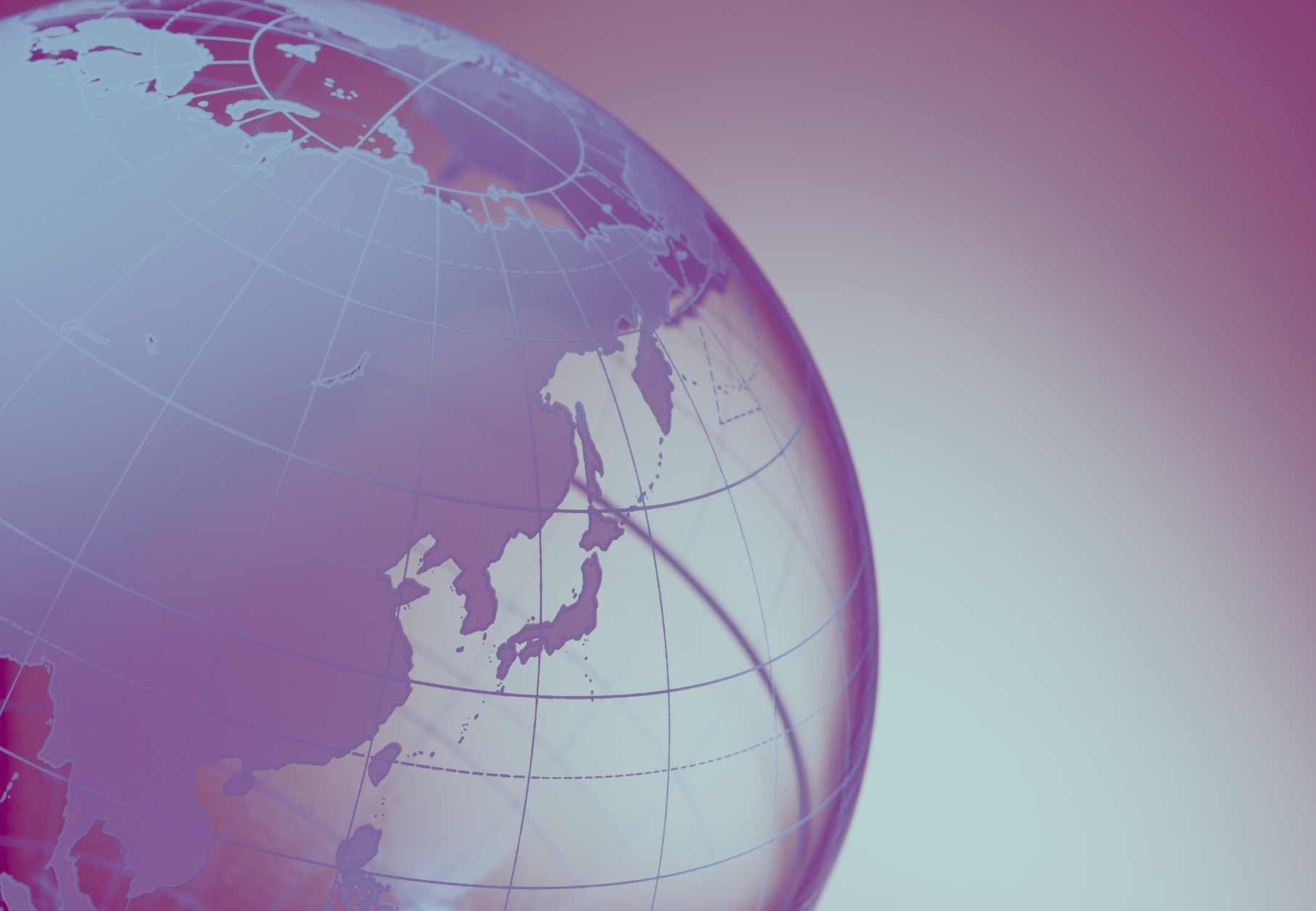Key Takeaways from the Asia Regional Consultation on Development Assistance
Published July 2025
On April 9, 2025, ICNL’s Asia Program brought together 46 civil society partners from 14 countries for a regional consultation on the impact of shrinking development assistance, particularly recent cuts to international funding, and shared strategies to sustain civic space in an increasingly constrained and authoritarian environment.
Understanding the Impact: Severe Cuts, Wide-Ranging Consequences
Civil society across Asia is already feeling the effects of reduced foreign assistance. 70% of participants reported direct impacts on their operations due to international funding cuts, with 55% describing the effects as moderate to severe. The consequences are far-reaching:
- Programs on rights, governance, and media have been suspended or terminated.
- Essential services for vulnerable communities—including healthcare, reproductive services, and humanitarian response—have been cut off.
- Operational capacity has declined due to staff reductions and resource shortages.
- In some cases, national governments have echoed anti-NGO rhetoric, alleging fraud and foreign interference to demonize civil society.
Partners from Afghanistan, Pakistan, Myanmar, India, and Thailand detailed country-specific consequences—including widespread closures of organizations, reputational attacks, and large-scale service disruptions affecting millions.
Charting a Path Forward: Viable Alternatives for Sustainability
In the face of these challenges, participants demonstrated resilience and creativity in exploring new financial and non-financial models to sustain their work:
Financial Models
- Local philanthropy, private sector engagement, and community giving were seen as the most viable funding alternatives.
- Additional strategies included crowdfunding, social enterprise, and membership fee models.
- In India, for example, some organizations have successfully leveraged domestic philanthropic laws requiring corporate charitable giving.
Non-Financial Strategies
- Participants emphasized the value of new partnerships, shared expertise, and collaborative cost-sharing, while also acknowledging the possibility of structural changes like mergers.
- Many called for building transnational and cross-sectoral alliances to support long-term sustainability and resist increasing authoritarianism.
Legal Barriers: Outdated Laws Limit Non-Profit Sustainability
Participants identified legal frameworks as a major barrier to sustainability. Among the challenges:
- Restrictions on NGO economic activities or unclear definitions of allowable income-generating operations.
- Outdated or overly complex tax and fundraising laws, particularly for digital giving and philanthropy.
- Frequent regulatory changes that create uncertainty for long-term planning.
Several participants noted that even promising strategies—like crowdfunding or social enterprise—may be legally inaccessible due to local laws.
Funder Priorities: What Civil Society Needs Now
In the current context, participants urged donors to consider the following priorities:
- Emergency support for frontline defenders and high-risk communities.
- Flexible, long-term funding that allows CSOs to adapt as the context evolves.
- Investment in institutional resilience, especially for smaller, local organizations.
- Stronger public messaging to counter stigmatization and reinforce the legitimacy of civil society.
Recommendations: Supporting Civic Space in Uncertain Times
To help civil society adapt, ICNL and other stakeholders can:
- Clarify and disseminate guidance on legal frameworks for alternative funding and sustainability models.
- Expand technical support and network-building, especially for small organizations navigating funding cuts.
- Document and share case studies of successful transitions to local philanthropy, private sector partnerships, and other models.
Even amid shrinking space and funding uncertainty, Asia’s civil society is innovating. With targeted legal reform, strategic partnerships, and renewed donor support, civil society can remain the cornerstone of democratic resilience in the region.

Sign up for our newsletters
Sign up